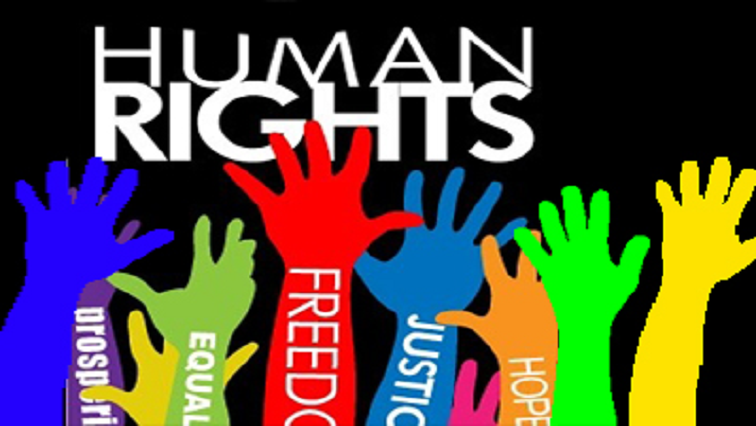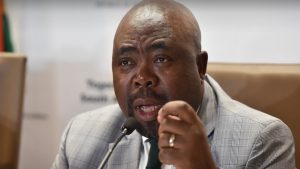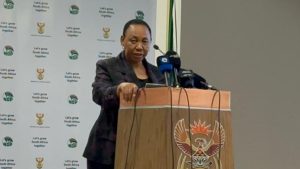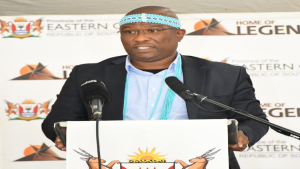South Africans is reflecting on their human rights in a different manner as COVID-19 is keeping them at home. Most of the country’s gatherings to commemorate the day have been cancelled following the declaration of coronavirus pandemic a national disaster by President Cyril Ramaphosa last Sunday, but South Africans, in their respective ways, are reflecting on this momentous occasion.
Eastern Cape Arts and Culture MEC Fezeka Nkomonye-Bayeni has applauded communities for adhering to the government’s precautions proposals aimed at containing the spread of the coronavirus.
She was in Uitenhage where she laid wreaths on the graves of victims of the Langa massacre. 35 people were killed and 27 wounded when the police opened fire on mourners attending a banned funeral on this day in 1985.
Nkomonye-Bayeni explains how the commemoration changed the mindset of the families.
“It’s quite emotional and I appreciate it, how the families feel this year’s event was a bit different from other years. It was intimate, owing to COVID-19, for them in that it wasn’t a celebration, but a true commemoration of what heroes and heroines have contributed towards the liberation of this country,” says Bayeni.
The observance of the regulations prohibiting crowds of more than a hundred people led to a low-key Human Rights Day celebration by the PAC in Cape Town. Party veterans gathered at the venue in Langa where two of its members were killed and dozens wounded by apartheid police 60 years ago, during protests following the Sharpeville massacre earlier on the same day.
Less than a hundred PAC veterans, led by PAC leader Mzwanele Nyhontso, converged at Langa Township outside Cape Town where they prayed and celebrated the day.
Nyhontso lamented that they were not able to allow more members to attend the celebration.
“This was the most organised commemoration of the PAC. We spent money. We invested. We wanted a very big one, but unfortunately, there was no way we were going to go ahead and take chances with people’s live. There was no way we were going to undermine what seems to be a disaster and tragedy. We are leading our people to life, not to death,” says Nyhontso.
In this video below, public gatherings come under spotlight:
As the country observes Human Right’s Day in the wake of the coronavirus outbreak, residents of Basamililo village, outside Ulundi in northern KwaZulu-Natal, say their human rights are being ignored.
The community of Basamililo have been struggling with water shortages and other basic needs.
Community member, Mbali Skhakhane says they are worried about the pandemic as they don’t have easy access to healthcare.
“There’s not a day that I could celebrate. Even today, with Human Rights Day, there’s nothing I can say about it, because I feel my right isn’t cared for. Because since we’ve started voting, there hasn’t been any change in my community. Basically, we’re just people living with no government and no one caring for our rights because there’s no development here. Let’s say you contract this virus now in this community and you need medical attention; there’s not clinic here. You have to hire out a car for R800 to rush you to a clinic in Ulundi.”
The video below outlines safety measures to deal with the coronavirus:
Earlier today, it was announced that the number of confirmed coronavirus cases in South Africa has risen to 240, according to the Department of Health.
The Eastern Cape has recorded its first case of the virus – a 28-year-old female who had travelled to Germany.
A total of 38 new cases have been recorded since Friday’s update of 202 coronavirus cases.
On Friday, Minister of Health Mkhize said it was important for South Africans to mobilise against the virus.
In this video below, SABC News reports that COVID-19 cases stands at 240:






